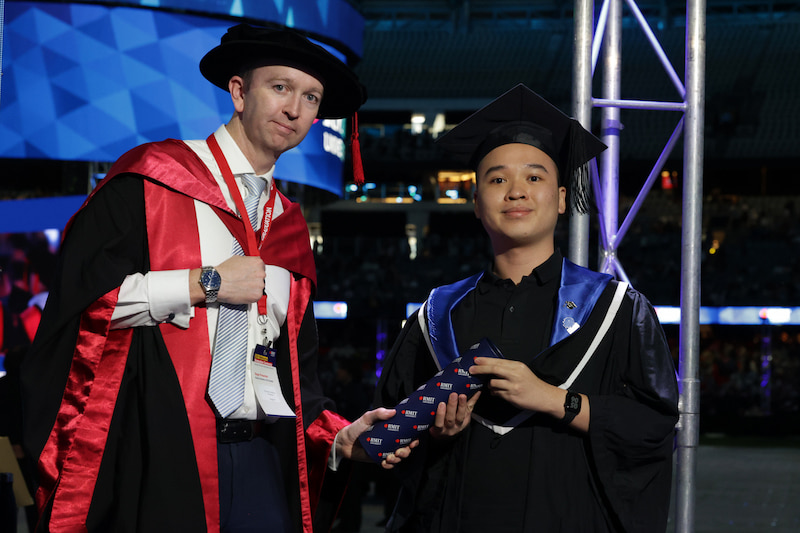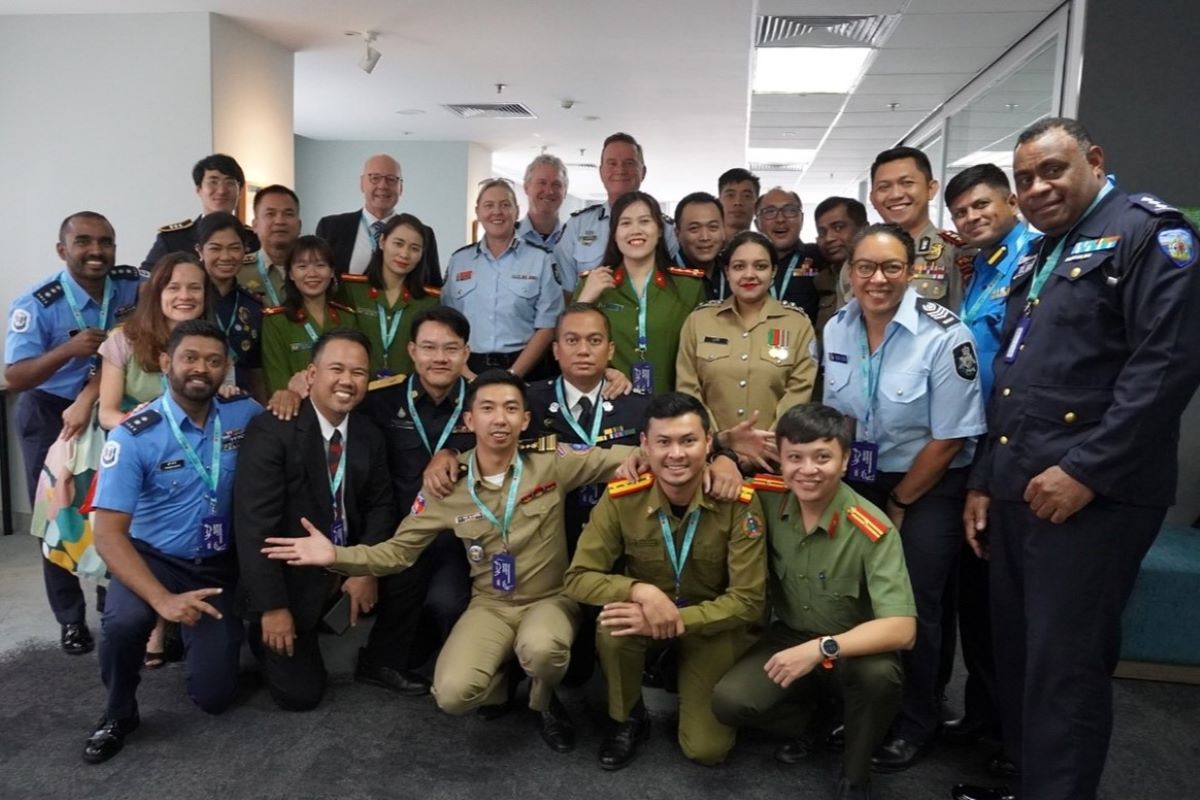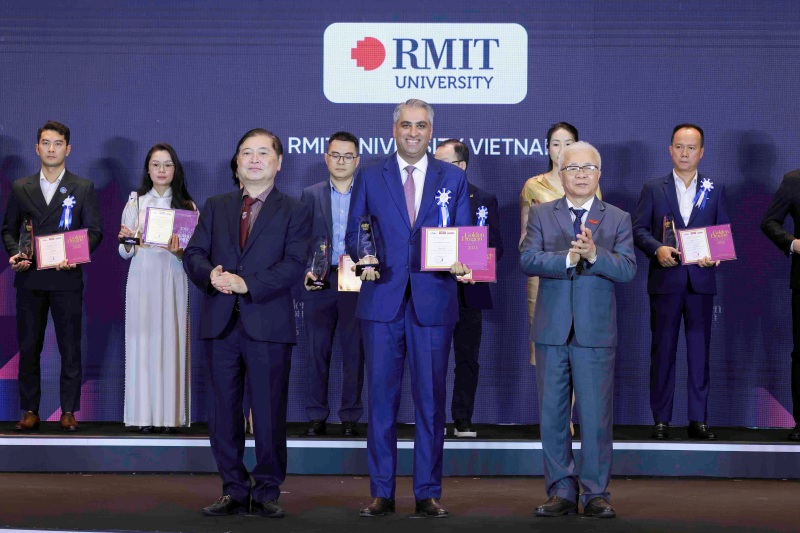Newly minted software engineer steps out of the lab into the world
Ho Le Minh Thach never imagined himself as a software engineer. The solid academic foundation he received at RMIT Vietnam, and his experience with Harvard's computer science course, sparked his passion for programming and empowered him to pursue a career in software engineering.
RMIT security training delivers impact in Asia-Pacific
RMIT’s Transnational Security Training (TST) programs are celebrating 20 years of impactful delivery in the Asia-Pacific region this year, helping to combat transnational crime, promote inter-agency collaboration, and drive career development.
Growing through competitions: RMIT graduates share their journey
Stepping outside the classroom can be intimidating, but competitions offer more than just trophies. They sharpen skills, build awareness, and open doors to real-world opportunities.
RMIT Vietnam awarded Golden Dragon Award for 21st time
RMIT University Vietnam has once again been honoured with the prestigious Golden Dragon Award, marking its 21st consecutive win.




